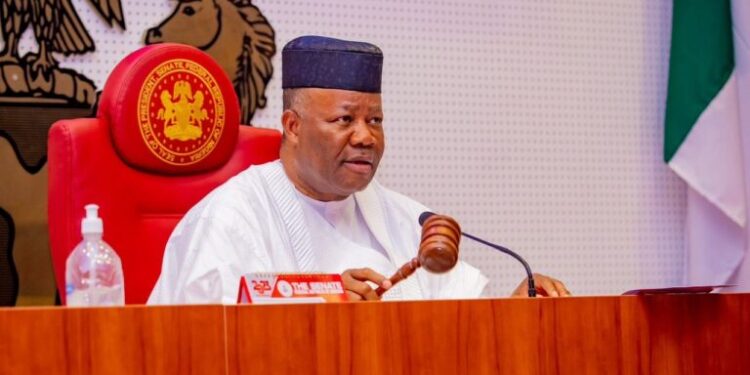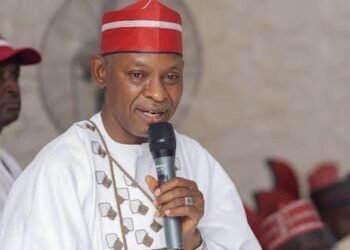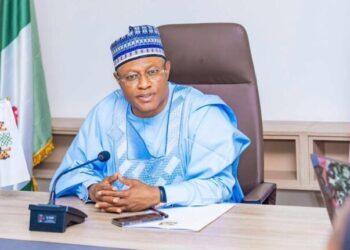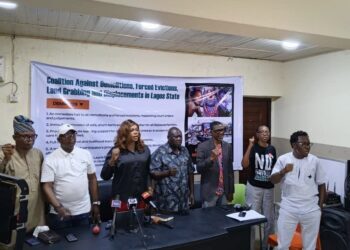Akpabio, who gave the assurance at plenary on Tuesday, emphasised the senate’s commitment to ensuring a seamless budgetary process.
He commended the lawmakers for their diligence in scrutinising the budget, adding that their efforts would result in a practical financial plan for Nigeria.
“I congratulate all senators and indeed the National Assembly as a whole for the way and manner you have scrutinised the budget of 2025. At the end, we will have a workable document for the benefit of all Nigerians,” he said.
Akpabio also lauded the lawmakers for extending the capital provisions of the 2024 budget to June 2025 to prevent government operations from being stalled
He said that efforts were re underway to transmit the 2025 budget to the president promptly.
“I also thank you for your foresight in extending the capital provisions of the 2024 budget to June so that government business does not grind to a halt.
“The constitution allows Mr President to undertake the current expenses in the 2025 budget, even up to June this year.B ut we will definitely get the budget across to him as soon as possible” he said. (NAN)











